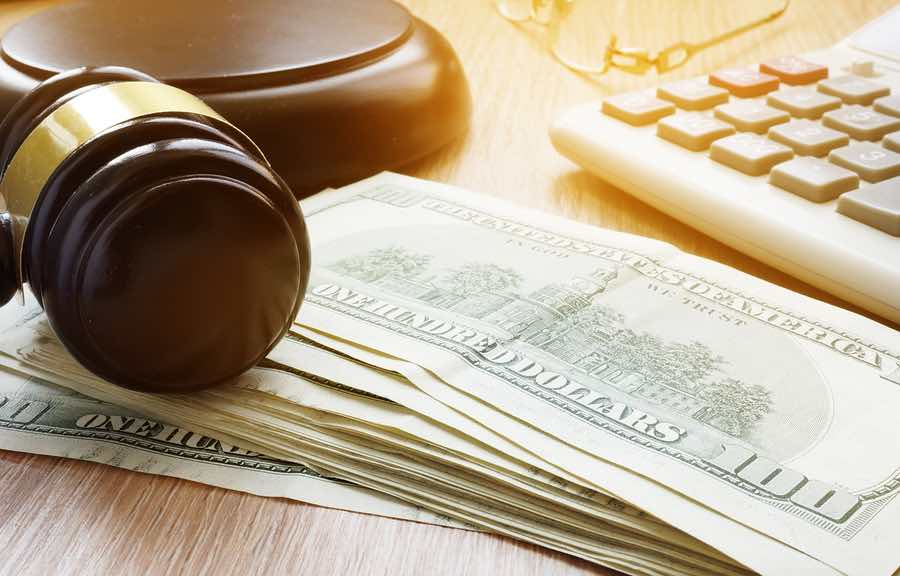May 28, 2018
There’s much talk about the injustice of bail. It is estimated that 70% of jailed inmates have not been convicted of a crime, but they simply cannot afford bail. It’s no surprise that the conversation about bail reform is sweeping cities and states throughout the U.S. As one California Supreme Court Justice said, “We must not penalize the poor for being poor.”
What Is Bail?
The concept of ‘bail’ can be traced to Roman times. It then gained a foothold about 1,000 years ago in England. Bail evolved as a way to settle disputes: the accused would be released (from jail, a holding cell, incarceration) if someone could assure that the defendant would show up for court and not commit another crime. This became known as “cash bail,” and usually was fronted by friends or family members.
Bail was transported to the United States. But with industrialization in the 1800s, society became mobile, more transient. That gave rise to professional bail sureties, or bondsmen, who would post (or guaranty) the full bail amount for a fee. Thus, bail evolved into a commercial enterprise. It’s not hard to see the immediate disparity: a suspect’s likelihood of prolonged pretrial incarceration depends less on the likelihood of guilt or probability of fleeing, and more on their ability to afford bail.
Once bail became a big business, justice took the backseat to commercial profit. The bail bondsman is known as a surety, in effect an insurance company.
The Florida Bail Process
Despite the bail reform movement, the Florida bail system is very much alive (see Florida Statutes 903). Being arrested is a terrifying experience. Whether you get out of jail depends on whether you are eligible for bail, the amount, and whether you can afford it.
Most bail is available as a matter of right, and there are County schedules listing the bail bond amount. More serious crimes will then require a judge to determine the severity and ‘flight risk.’ If a judge grants bail, you have two options: pay the entire amount in cash (‘cash bail’), which will be returned to you after you appear at all court proceedings; or use a bail bondsman to serve as guarantor (surety) for the bail amount.
A bail bondsman will typically require an upfront, nonrefundable 10% fee, plus collateral for the full bail amount. Collateral could be a home, car, boat, motorcycle or any tangible personal property with value. A bail bondsman can require reasonable conditions, in addition to court requirements.
What About Bounty Hunters?
The Florida bail bond industry is tightly regulated. What happens when the defendant doesn’t show up for court? At that point, the bail bondsman is like an insurance company and must pay the court the bail amount (which is considered forfeited by the defendant). Although movies and television popularized the notion of “bounty hunters,” they are illegal in Florida. If the defendant “skips,” only his designated bail agent can pursue and detain him.
Reach out to a St. Petersburg, Florida, Criminal Lawyer Today for Help
If you are facing criminal charges, don’t wait to seek legal counsel. The criminal court system can be incredibly confusing for most people. Reach out to talk with the experienced, caring professionals at Khonsari Law Group. Contact us online or call us right away at (727) 269-5300. We will review your case, help to answer your questions, evaluate your circumstances, and the talk about your options.


